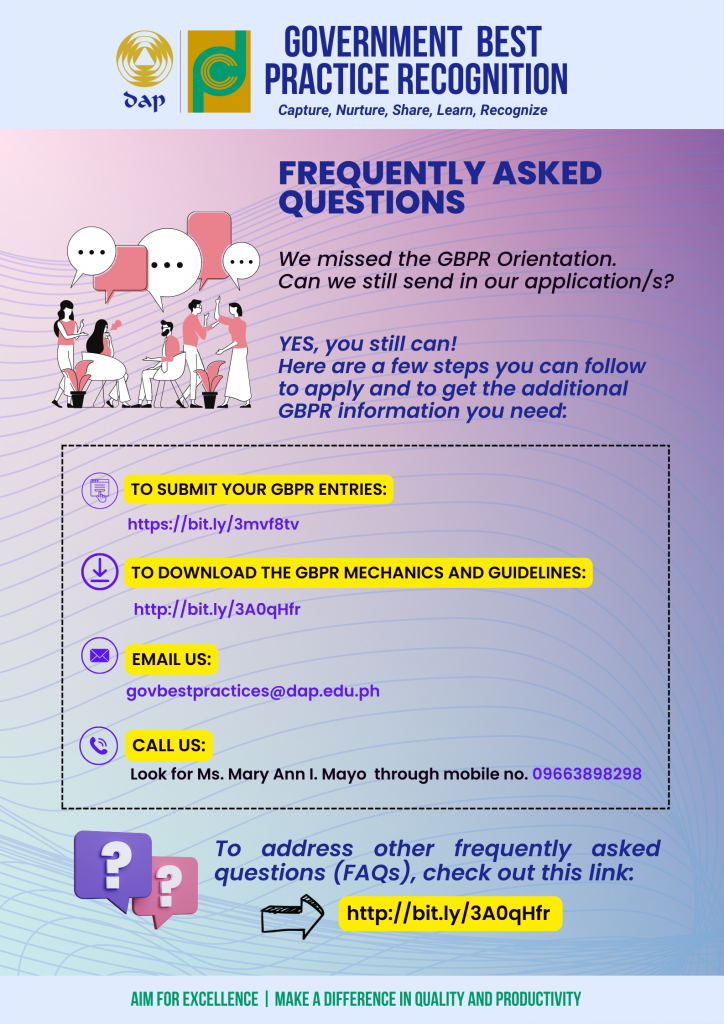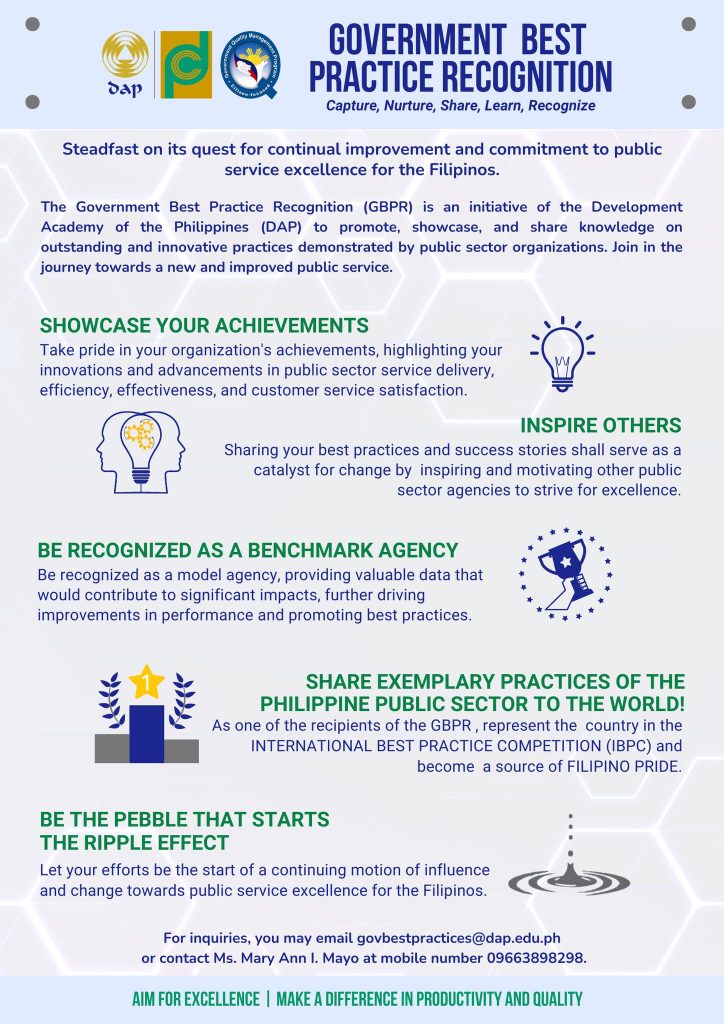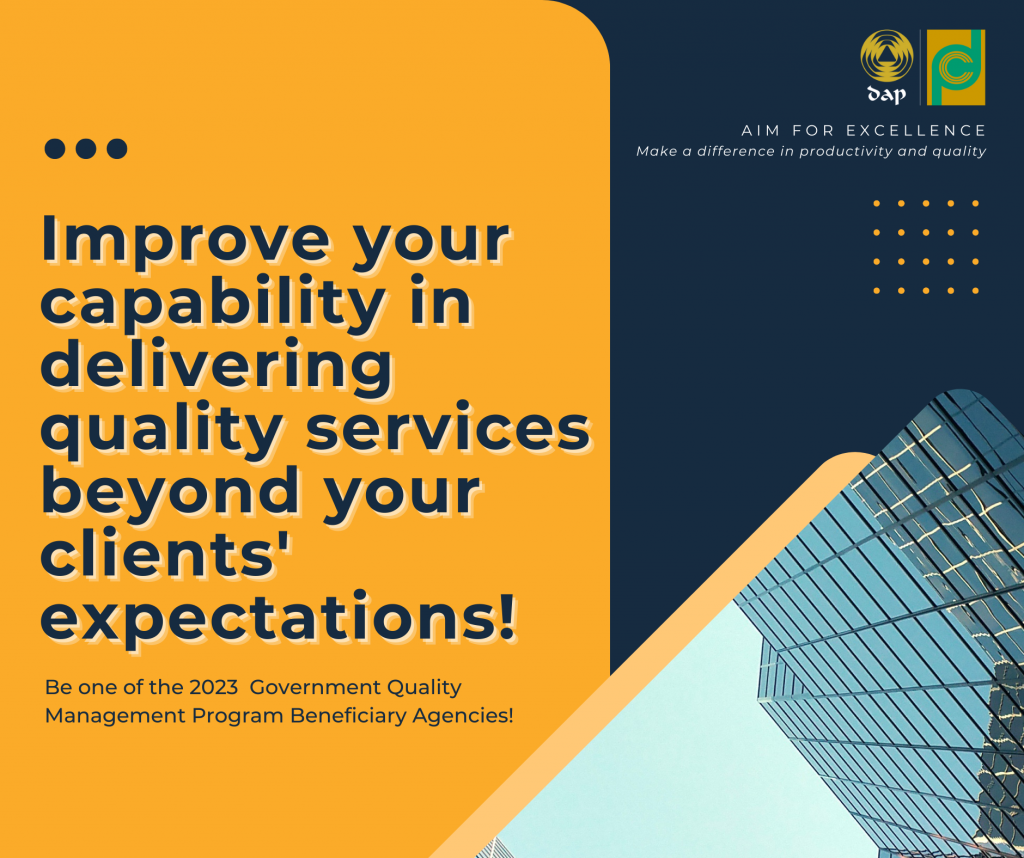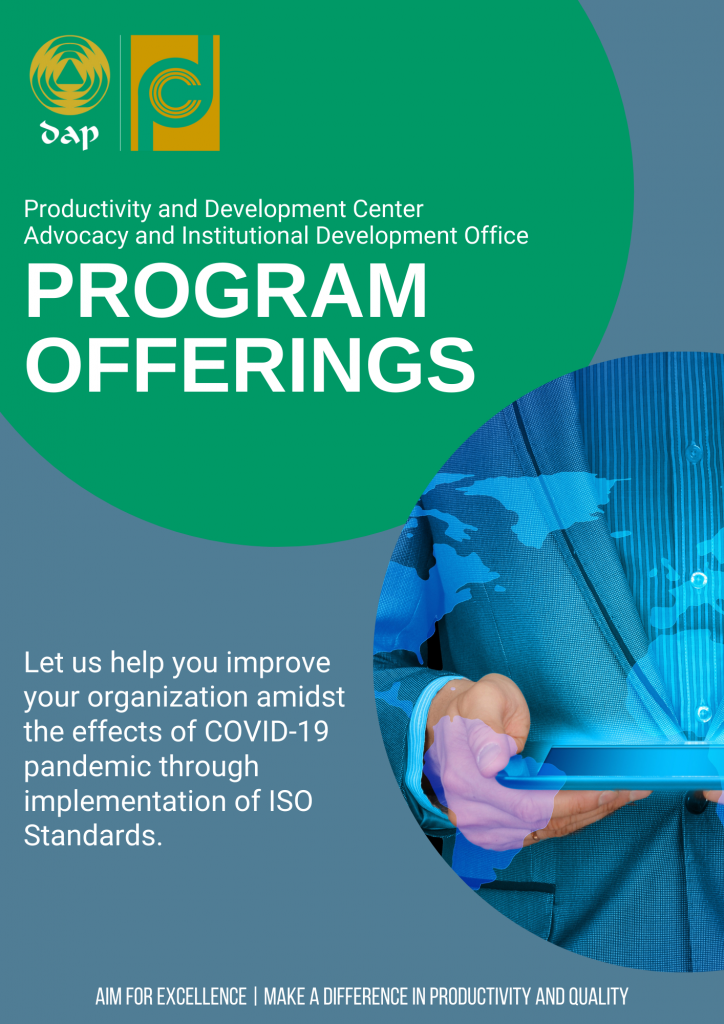Target Participants: Local and International Participants
The course aims to develop awareness and enhance the capability of the participants in effectively using practical tools and techniques for analysing and validating the root cause of existing nonconformities, and formulating solutions for preventing the nonconformities from recurring and/or occurring.
The course aims to develop the participants’ knowledge and understanding of the concepts, principles, techniques, and practices of performing an effective internal audit in accordance with ISO 19011:2018 with focus on auditing quality management system. It shall include a review of the requirements of ISO 9001:2015 standard and how they are applied in the context of an internal audit, with the end goal of improving the established QMS. Workshops and exercises shall be facilitated for the participants to demonstrate their skills in planning and performing an effective internal audit, as well as, reporting of audit findings.
Discusses principles and conditions underpinning effective conduct of consultations in regulation-making.
Target Participants: Regulation authorities (officers, directors, and key technical staff) of local government units, national government agencies, line and staff bureaus, government owned and controlled corporations, and the legislative.
The course shall also be conducted aimed at building the capabilities of selected managers/officers/staff to serve as 5S trainers in their respective agencies. This course shall allow an opportunity for participants to demonstrate skills in the delivery of 5S training, development of a customized 5S quality workplace standard/checklist, and various promotion and sustenance strategies for the 5S program. It is intended for middle/supervisory managers, key officers and frontline staff.
Target Participants: Local and International participants
Discusses the importance of RIA in developing new and evaluating existing regulations, determines the roles and responsibilities of regulators, and identifies the processes in the conduct of RIA.
The course aims to develop participants’ knowledge and understanding of quality concepts and principles, and the requirements defined in ISO 9001:2015 standard, and relevant statutory and regulatory requirements. The discussions shall provide an overview on how to establish, implement, maintain, and continually improve the QMS. Workshops and exercises shall be facilitated to enable the participants to demonstrate their interpretation of the requirements, as well as, their skills in drafting the documented information within the context of their organization.
The course provides the participants the knowledge on process streamlining, underlining its importance and benefits in improving service delivery efficiency and effectiveness. The course also provides an opportunity for participants to demonstrate their acquired skills in using various tools and techniques in process streamlining.
Aims to support RIA practice by considering costs associated with regulatory compliance such as administrative burdens, substantive compliance costs, administration and enforcement costs, and direct financial costs through the DAP-developed RCM.
Prerequisite: Basic Course on RIA
Target Participants: Regulation authorities (officers, directors, and key technical staff) of local government units, national government agencies, line and staff bureaus, government owned and controlled corporations, and the legislative.

















